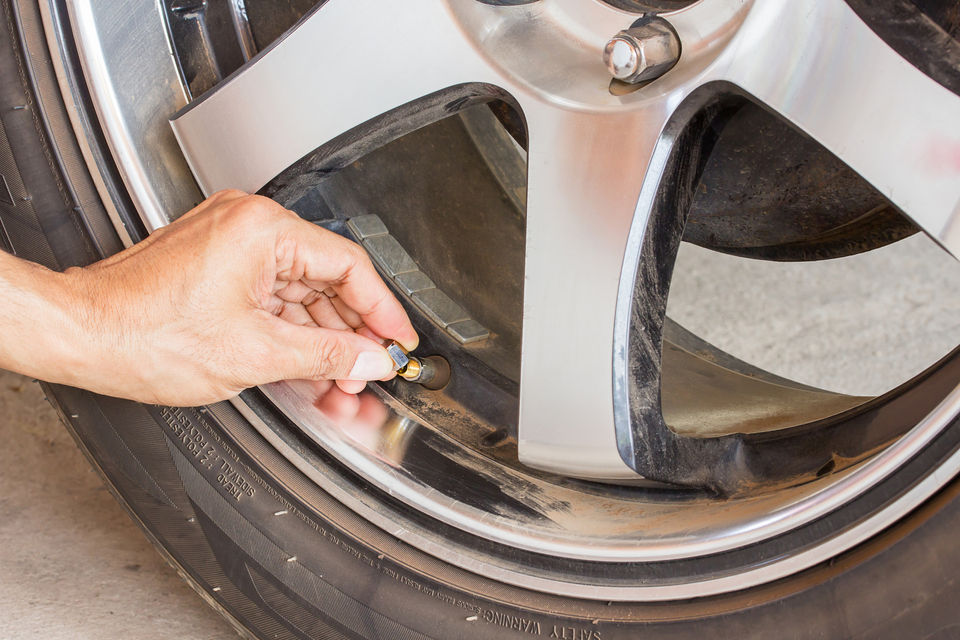
Tyre Valve Leaking Air - Why? How To Fix It?
Do you hear a constant hissing noise coming from your tyres?
It might not be just a small bother; it could mean a bigger problem—a leaking tyre valve.
Tyre valves are tiny but important parts that help air get in and out of your tyre. But when they begin to leak, it can cause different issues that impact how your vehicle works and how safe it is.
Reasons Why Tyre Valve Is Leaking Air
Damaged Valve Core
The valve core, a tiny threaded insert within the valve stem, can sustain damage over time. This damage creates an opening through which air can escape, causing your tyre to lose pressure.
Corrosion
As time goes by, the valve stem might corrode due to exposure to various elements. This corrosion can compromise the seal, allowing air to leak from your tyre.
Dirt or Debris
Even small particles like dirt or debris can obstruct the valve stem, leading to leakage. These particles can prevent the valve from closing properly, causing air to escape.
Over-tightening
Believe it or not, over-tightening the valve core can result in a leak. The excessive force can damage the seal, enabling air to exit the tyre.
Why Is It A Problem?
A tyre valve that’s leaking air might seem like a minor issue, but it can quickly snowball into a safety concern.
Reduced air pressure in your tyres can lead to compromised handling and braking performance, making your vehicle less responsive and potentially unsafe to drive.
In extreme cases, the tyre might even blow out while you’re on the road, resulting in a hazardous situation.
How to Fix A Tyre Valve Leaking Air
The course of action to take when dealing with a leaking tyre valve depends on the underlying cause of the issue:
Damaged Valve Core
When the valve core is damaged, the best solution is to replace it. Using a valve core tool, a handheld device designed for this purpose, you can easily swap out the damaged core for a new one.
Alternatively, a mechanic or tyre fitter can do this for you.
Corrosion
For a corroded valve stem, a combination of a wire brush and a specialised sealant can work wonders. Carefully scrubbing away the corrosion and applying the sealant can restore the valve’s integrity.
Dirt or Debris
If dirt or debris are the culprits, a good cleaning is in order. Employ a wire brush or compressed air to dislodge the particles and regain a proper seal.
Over-tightening
Should the valve core be over-tightened, the solution is to gently loosen it using a valve core tool. This alleviates the excessive pressure on the seal.
Once the necessary repairs are complete, make sure to refill the tyre with air. Additionally, it’s essential to maintain regular checks on the tyre pressure to ensure that the leak doesn’t reopen.
Conclusion
A tyre valve leaking air is a concern that requires immediate attention.
This issue isn’t just an inconvenience; it can impact your vehicle’s safety.
Don’t let a leaking valve deflate your driving experience; take action and keep your tyres in top shape.

Louis
I'm Louis, an engineer passionate about helping Australians choose better tyres for their vehicles!
